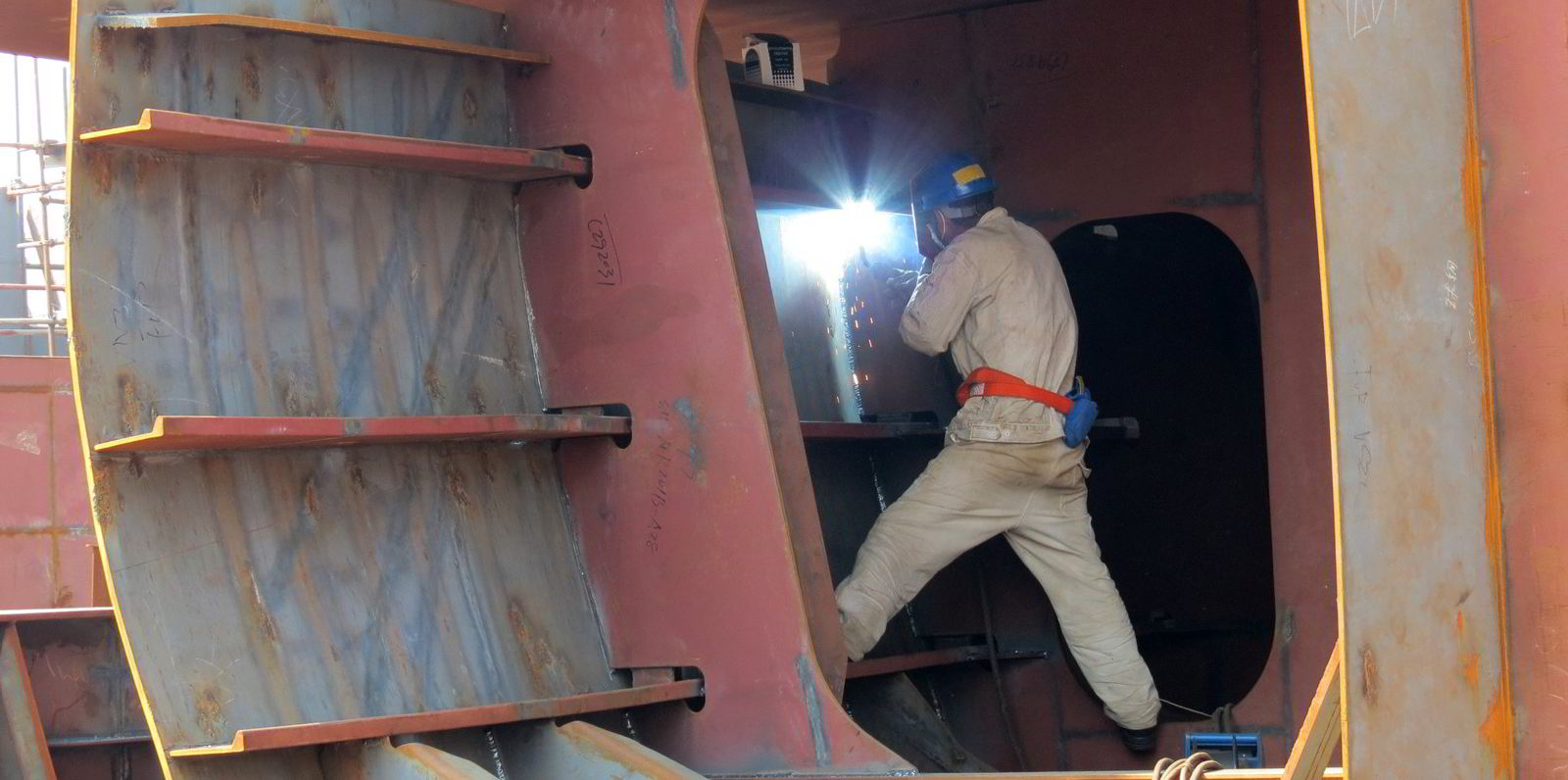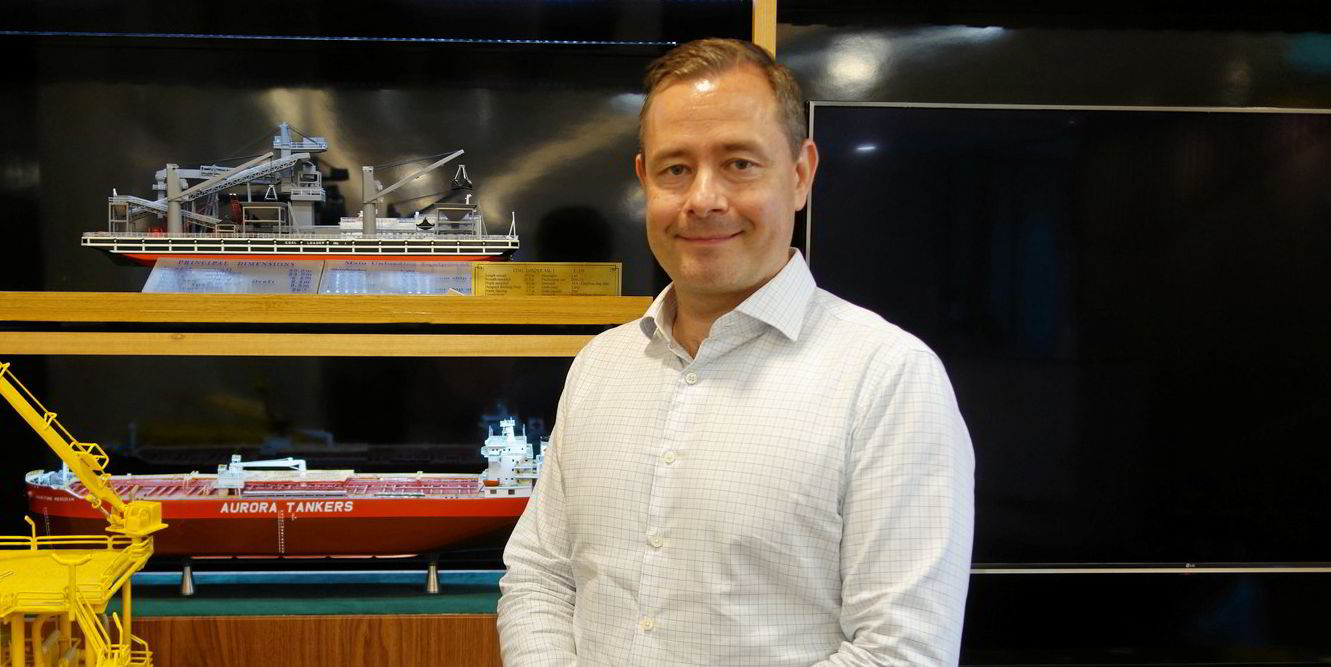Newbuilding tanker investments are still viable today despite peak oil demand looming on the long-term horizon, according to Alphatanker.
The AXSMarine research unit expects global oil demand to reach its all-time high in the middle of next decade, taking into account new green policies announced by world’s governments to date.
“An owner contemplating placing a newbuilding order today for delivery in late 2024, should continue to have strong demand for that unit for 15 to 20 years after its launch,” Alphatanker analysts wrote in a research note.
“Tanker demand would remain healthy over the long-term.”
Their model shows that oil demand will continue to increase this decade but that growth is to decelerate to less than 400,000 barrels per day (bpd) by 2030.
Furthermore, OECD oil consumption is to peak by 2027 and Chinese demand growth will be losing steam before 2030.
Alphatanker said developing Asia like India, Indonesia and Malaysia will then be driving demand growth.
Refining expansion
Overall, the refining capacity is projected to decrease by 1.2m bpd in the western hemisphere over the next decade. It is expected to expand by 8m bpd in the east-of-Suez market.
While some international energy companies are cutting investments in oil production projects, Alphatanker said Opec’s Middle Eastern members will step up to meet any supply gap.
“This assumption is driven by the huge reserves still held by these countries and the fact that their wellhead production costs are relatively low,” Alphatanker analysts said.
“In turn, this will lead to more crude tanker demand from the region at the expense of legacy regions such as the North Sea, Latin America and West Africa.
“Considering current Middle East loadings and that refining will in future be undertaken at larger plants, this trend should favour larger crude tankers.”
Alphatanker also suggested US crude exports could theoretically rise to 9m bpd, another development favouring long-haul shipping demand.
“US onshore oil supply growth is expected to get back on track next year and growth is projected to continue throughout this decade,” Alphatanker said.
“This is an example of upstream investment rebounding in tandem with prices.”
However, Alphatanker warned that investors could struggle to finance their newbuildings with banks steering away from fossil fuels-based assets.
“Traditional banks are … looking away from vessels transporting fossil fuels,” the Alphatanker note said. “This trend has not yet choked off finance for tankers, but considering that several banks are now refusing to finance ships which may carry coal, it seems inevitable that this trend will eventually hit the tanker sector.”







